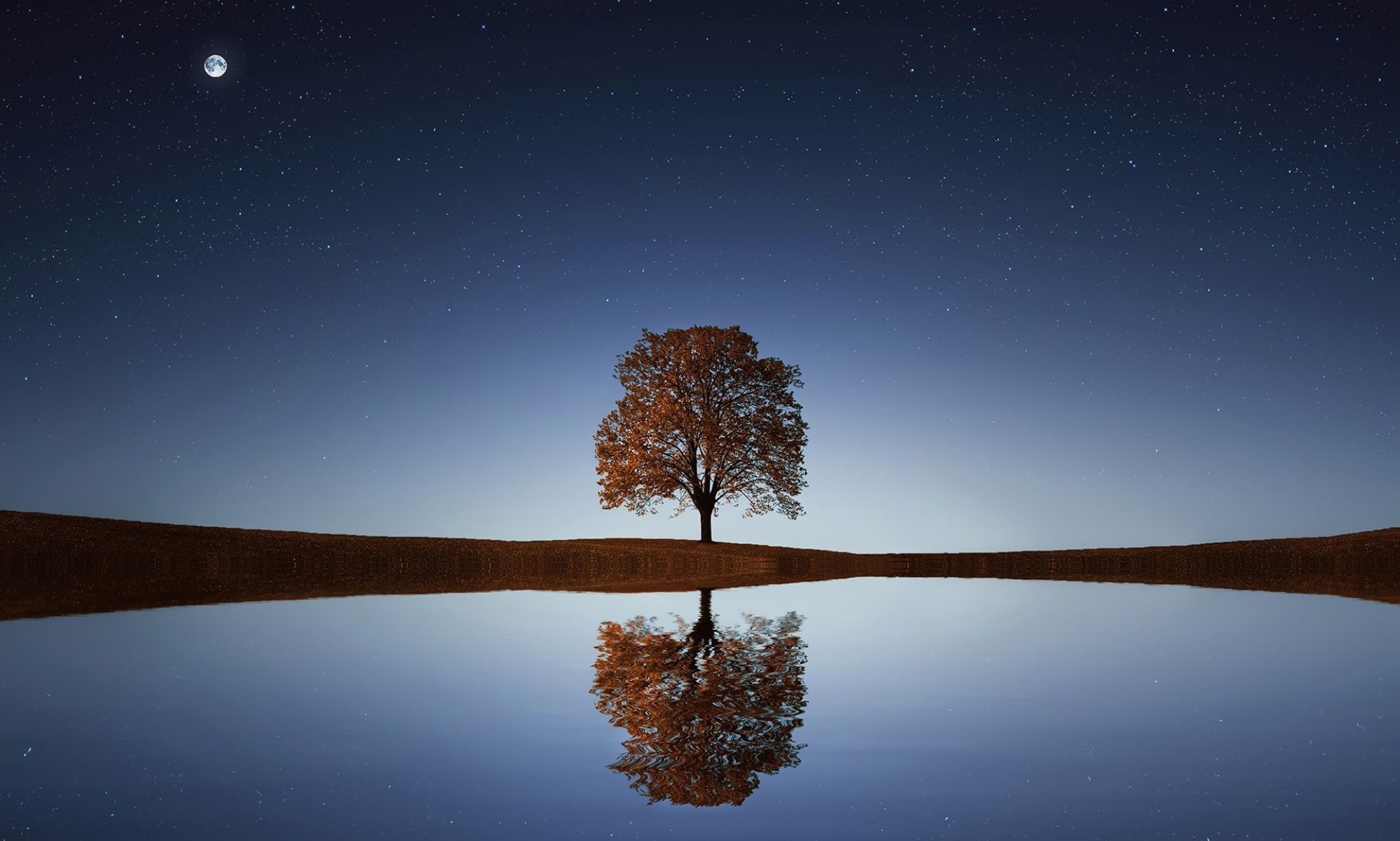Greetings, fellow people! We on the Carl Brandon Society Steering Committee owe you an update, so here it goes.
You should know that due to your gifts and the generous debt forgiveness of the Clarion West and Clarion boards, we are on an even keel financially. We still need your help, especially as we reignite the awards process (more on that below). However we need it so we can keep going with our vital work–not merely so we continue to exist. We’re a force to be reckoned with!
The strongest element of the ongoing CBS presence remains the Octavia E. Butler Memorial Scholarship. For the 13th year in a row, we’ve given students at these programs the means to attend the same sort of workshop Octavia credited with getting her magnificent literary career started. 2019’s Butler Scholars are Nelly Garcia-Rosas and ‘Pemi Aguda. We have photos to post of them receiving the gorgeous owl pendants Laurie Edison donates, cast from a design Octavia commissioned.
Of course we have other successes to be proud of. For instance, there are the annual People of Color dinners. They attract hundreds of attendees at WisCon, and serve as models for our outreach at other events. We’ve contributed to a book of pieces focused on the original Carl Brandon, which Jeanne Gomoll edited and published as a fundraiser for us. We’ve also taken on another scholarship for the Writing Excuses workshop, and our former financial sponsoree, Con or Bust, is now a nonprofit in their own right.
Though we’d like to accomplish even more gains, we also have losses to deal with. Some of it is your typical organizational turnover. The mighty Lisa Bolekaja stepped down from the Steering Committee due to family matters requiring her attention. And when Victoria Garcia vacated the key role of CBS treasurer, it was occupied first by Annique Lennon and then, when illness forced her to cut back on time commitments, by the redoubtable Kate Schaefer.
Then there are sadder and more permanent losses. Founding member Dimas Bautista Iturrizaga has died in the past year, at the illustrious age of 98. And Vonda N. McIntyre, our dear friend and Octavia’s, also died suddenly and unexpectedly this year.
We are a smallish group of people, your CBS Steering Committee. Grieving over personal sorrow is a real part of our process. We miss our brother and sister viscerally, and grief at their absence increases our determination to do our best, and to make that best better.
With that in mind, we’re now addressing the need to reboot the two literary awards we established back in 2005: The Parallax and the Kindred. We want the revamped process to reflect the need for representation of all good sorts in the stories we imagine for ourselves, and we want it to be easy to understand, transparent, and rewarding to participate in. We have a plan. We’ll be opening nominations again shortly, and telling you more as we take the next necessary steps.
Meanwhile, here are two ways you can help. First, donate. Mail a check to The Carl Brandon Society, P.O. Box 23336, Seattle, WA 98122. Or use the DONATE button on our website, carlbrandon.org (you may need to scroll down to see it). Or buy a copy of the Carl Brandon book for yourself or a friend.
Second, encourage others to donate. Spread the word. Spread our news.
That’s it for now! Stay wonderful!
Yours,
Nisi Shawl, Victor J. Raymond, Candra K. Gill, Kate Schaefer, K. Tempest Bradford
The Carl Brandon Society Steering Committee
